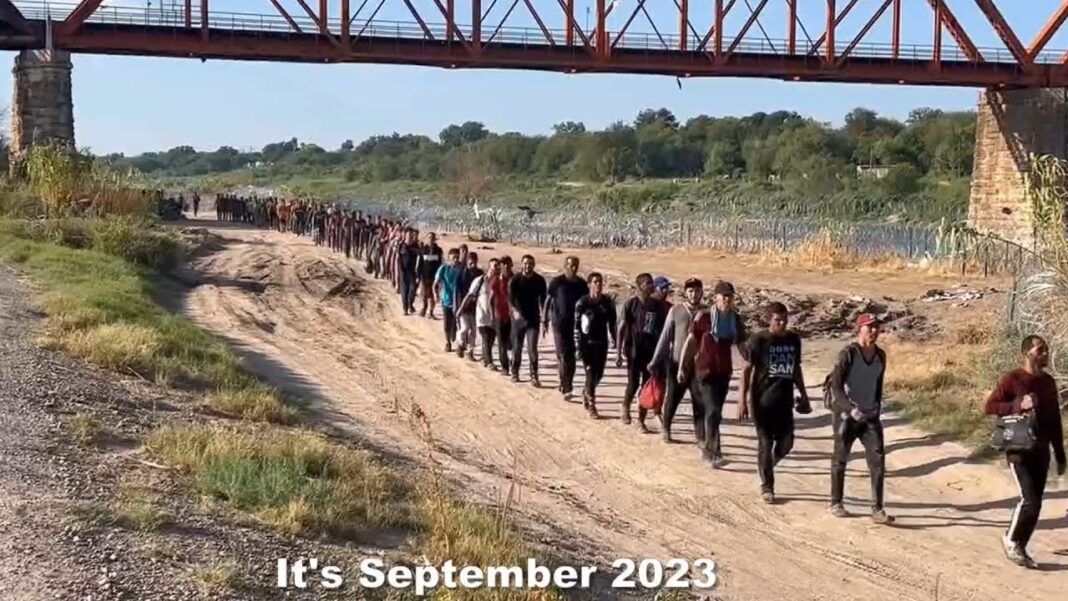‘This reading aligns with common sense,’ Justice Samuel Alito wrote for the majority in a decision that could have big implications for deportation proceedings.
The U.S. Supreme Court on Friday issued a decision that makes it harder for illegal immigrants subject to a deportation order to challenge their removal from the country on the grounds that the government sent them an initial notice to appear that lacked a time and place for their hearing even though it followed up with a second notice that contained this information.
In a 5–4 decision issued on June 14, with Justice Neil Gorsuch joining the liberal minority in dissent, the high court sided with the government in upholding the legitimacy of what amounts to a two-step notification system in the process of deporting illegal immigrants that effectively removes one basis for them to get their removal order rescinded.
The Illegal Immigration Reform and Immigrant Responsibility Act mandates that the government issue “written notice” to illegal immigrants who are either “inadmissible” or “deportable” informing them about the removal proceedings they are being subjected to.
The law requires that illegal immigrants be given a written notice to appear (NTA) that must set out, among other things, the time and place at which proceedings will be held. The regulation also stipulates that in case of any change or postponement to the time and place of such proceedings, another written notice must be provided, with the second notice having to specify the new time and place of proceedings and the consequences of failing to attend.
Illegal immigrants who have been so notified and fail to attend their hearing are ordered removed in absentia, meaning a deportation order is issued for them even though they’re absent from the hearing.
The law allows three conditions under which illegal immigrants subject to in absentia removal orders can get them canceled. The first is when they can prove that their failure to appear was due to “exceptional circumstances,” the second is when they were in federal or state custody and so couldn’t attend the hearing, and the third is if they didn’t receive a notice to appear in line with the law.







